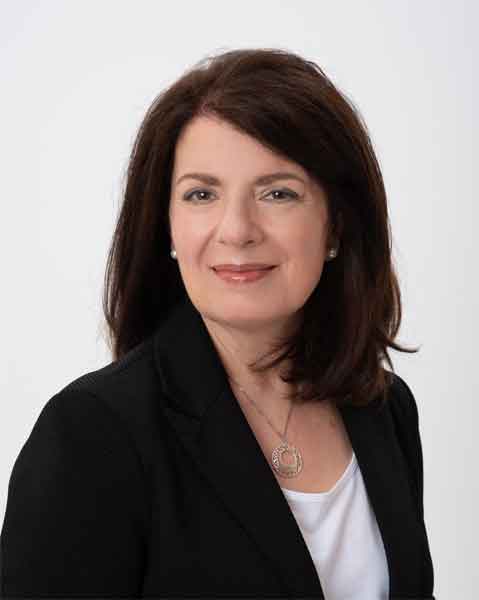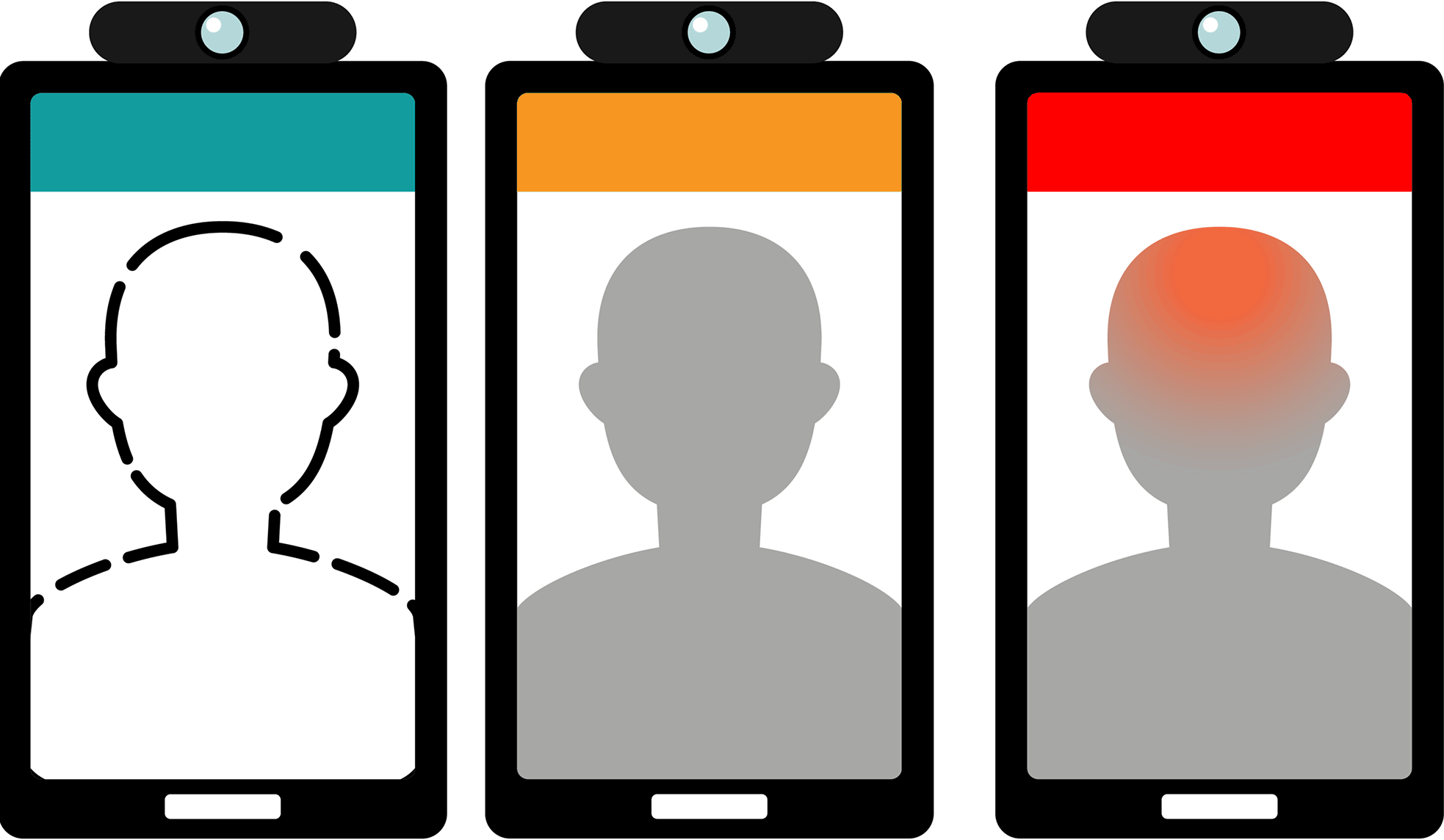Introduction to Digital Media Overuse: Assessment, Intervention, & Treatment
A live, 6-hour, interactive, clinical training on digital media overuse and addiction with two of the world’s leading clinical experts.
Enrollment Includes
- 6-hour, live webinar
- Illustrated, electronic workbook✝︎
✝︎ This live, digital media overuse clinical training includes a corresponding electronic workbook with key points and graphics.

Collegiate Coaching Services

ScreenStrong


Screen Time Action Network at Fairplay



Elements Wilderness Program
Confidently recognize & assess the 5 types of digital media overuse & addiction
Understand FITS-IA, the evidence-based, integrative treatment approach for digital media overuse & addiction
Learn skills to work with clients struggling with compulsive video gaming and pornography
This course is intended for psychologists, licensed professional counselors, licensed professional counselor candidates, addiction counselors, marriage & family therapists, social workers, occupational therapists, nurses, physicians, school counselors, other behavioral health professionals, and graduate students in related fields.
It is designed and taught by nationally renowned digital media overuse and addiction expert Tracy Markle, MA, LPC, founder of the Digital Media Treatment & Education Center (dTEC®) in Boulder, Colorado and her dTEC® co-director Dr. Brett Kennedy, Psy. D.
This 6.0-hour digital media overuse clinical training provides counseling and related professionals with the foundational knowledge to confidently recognize and assess the five types of digital media overuse (DMO) and addiction and the common co-occurring factors and diagnoses those struggling with these issues may experience.
Participants will conceptualize the family engagement, integrated treatment, social connection- internet addiction (FITS-IA®) approach for digital media overuse & addiction developed by Tracy Markle. They will get up to date on contemporary thinking and treatment of digital media overuse, including the most current research, brain science, guidelines for use, and practical treatment approaches.
Emphasis will be given to compulsive video gaming and pornography use, both of which are included in the World Health Organization (WHO) International Statistical Classification of Diseases and Related Health Problems, 11th revision (ICD-11) which went into effect on January 1, 2022.
Attendees will review the criteria included in the ICD-11 as well as review internet gaming disorder, identified as a condition for further study in “Section III, Emerging Measures and Models,” of the American Psychiatric Association: Diagnostic and Statistical Manual of Mental Disorder, 5th Edition, Text Revision (DSM-5-TR).
This training will provide participants with the skills necessary to work with clients struggling with compulsive video gaming and online pornography.
Instructors:
Tracy Markle, MA, LPC
& Dr. Brett Kennedy, Psy.D., CSAT
co-directors of the Digital Media Treatment & Education Center (dTEC®) in Boulder, Colorado, which was founded by Tracy in 2015. Along with their team of providers, Tracy and Dr. Kennedy strive not only to be effective practitioners, but to pave the way for other counseling and related professionals to learn how to work with digital media overuse (DMO) by developing standards of practice, resources, and educational opportunities.
The Course
In this section, you’ll learn why we use the term digital media overuse (DMO) as well as the difference between overuse and addiction. We’ll cover the short history of behavioral addictions as recognized by the American Psychiatric Association: Diagnostic and Statistical Manual of Mental Disorders (DSM), DSM-5-TR, and the World Health Organization (WHO) International Statistical Classification of Diseases and Related Health Problems (ICD) and learn how the West compares with Asian countries in our understanding of digital media addiction. Finally, we’ll review two avenues for behavioral addiction treatment; abstinence and harm reduction. Including what those look like for clients with digital media overuse issues.
This section reviews the key factors that lead to digital media overuse: brain science, development, and persuasive design. Participants will learn the latest research findings as well as a brief history of behavioral psychology and its impact on digital media today.
In this section we’ll review the 5 types of digital media overuse, and the common factors and diagnoses that often accompany them, so that you can confidently recognize and assess your clients. We’ll also provide practical intervention and treatment approaches for each.
Learning Objectives
- Develop an understanding of the FITS-IA® treatment approach and the critical components required to effectively use it.
- Identify the 5 types of digital media overuse (DMO).
- Differentiate between DMO and digital media addiction.
- Identify and understand the common co-occurring symptoms, behaviors and diagnoses associated with DMO.
- Recognize effective harm reduction and abstinence-based approaches to the intervention and treatment of DMO.
Approved by the National Board for Certified Counselors for 6 CE Hours
FITS-IA® Foundation Training; Introduction to Digital Media Overuse; Assessment, Intervention & Treatment has been approved by NBCC for NBCC credit. Digital Media Treatment & Education Center LLC (dTEC®) is solely responsible for all aspects of the program. NBCC Approval No. SP-4118.
-
Regular Pricing $199.00
-
Graduate Student Discount
$50 discount available to graduate students. Please email us your Student I.D. Card and request a promo code for the training and date you wish to attend.
-
Professional Group Discount
$50 discount available to each participant when 3 or more of your team attend. Please email us on company letterhead and include a list of names and emails of all participants and the date of the training they wish to attend. We will email each participant a promo code .
-
Professional Groups of 10+ Special Rate
Please email us on company letterhead and include a list of names and emails of all participants and the date of the training they wish to attend. We will email each participant a promo code for a special registration rate.
Cancellation Policy:
Digital Media Treatment & Education Center (dTEC®) requires your written request to cancel 7 business days prior to the course date in order to receive a refund.
All refunds will be less a 5% administrative fee. Cancellations received within fourteen (14) days of the start date of the webinar/training will not receive a refund, but a credit will be given to enroll in another training class.
There are no minimum enrollment limits for any of our classes since we believe some of the best learning can occur in small groups.
However, should a class need to be canceled due to instructor illness or weather, you will be given a full refund, or you may enroll in another class. dTEC® is only liable for the cost of the class registration fees should a cancellation occur.
Complaints:
If a participant or potential participant would like to express a concern about his/her experience with Digital Media Treatment & Education Center (dTEC®) Trainings, he/she may call or email us. Although we do not guarantee a particular outcome, the individual can expect us to consider the complaint, make any necessary decisions and respond within 30 days time.
Agenda
Training occurs from 9:00 am-5:15 pm US Mountain Time
FITS-IA® Foundation Training; Introduction to Digital Media Overuse, Assessment, Intervention & Treatment
9-9:15: Introductions, outline the agenda for the day & learning objectives
9:15-9:45: Mindfulness/Experiential Activity
- View gaming & social media videos followed by interactive discussion and processing of the experience.
9:45-10:00: Focus and Attention
- Discuss strategies to support focus & attention and the brain science behind these strategies.
10:00-10:30: What’s in a name? Introduction to “behavior addictions”
- Provide history of research on “internet addiction” and terminology.
- Clarify current standing in both DSM-5-TR and ICD that, other than Gambling Disorder/Pathological Gambling, behavior addiction are not formal disorders / diagnoses.
- Include preview of diagnostic criteria to be included in the ICD-11.
- Gaming Disorder- ICD-11, Jan 2022
- Compulsive Sexual Behavior Disorder (CSBD)- ICD-11, Jan 2022
- Identify and differentiate harm reduction & abstinence approaches to addiction and applying these to DMO.
10:30-10:40: 10-min interactive discussion
10:40-10:55: 15-min Break
10:55-11:30: Brain science and research findings
- Teach operant conditioning, discuss the role of dopamine and physiological responses to DMO, and review relevant research.
11:30-11:45: Mindfulness/Experiential Activity –
- Meditation followed by interactive discussion and processing of the experience.
11:45-12:30: 45-min Lunch Break
12:30-1:25: Introduction and conceptualization of the 5 types of Digital Media Overuse (DMO)
- Gaming
- Compulsive Spending
1:25-2:20 Continue the 5 Types of DMO
- Social Media
- Information Overload
- Pornography
2:20-2:35: 15-min interactive discussion
2:35-2:50: 15-min Break
2:50-3:20: Assessment for Digital Media Overuse
- Discuss and identify key components of assessing DMO
- Bio-Psycho-Social Model
- Co-occurring mental health issues/diagnoses
- Executive Functioning and Neurodevelopmental conditions
- Family Dynamics
3:20-3:40: Big 5 Personality- Protective & Risk Factors
- Provide overview of the psychological trait theory and the Big Five personality traits.
- Identify protective and risk factors associated with client at risk for DMO
3:40-3:50: Threat Assessment
- Identify key criteria for conducting a proper assessing safety and well-being of at-risk clients
3:50-4:45: Introduce FITS-IA® treatment approach for DMO
- Define the components and clinical factors of the approach.
- Family Engagement
- Integrated Treatment
- Social Connection & Recovery
4:45-5:15: Interactive Discussion & Wrap Up
Technical Requirements for FITS-IA® Foundation Live Webinar Training (via GoToWebinar)
Note: Participants must have a stable internet connection for the duration of the training.
Operating System:
Windows 7 – Windows 10
Mac OS X 10.9 (Mavericks) – macOS Big Sur (11)
Linux
Google Chrome OS
Android OS 5 (Lollipop) – Android 10
iOS 10 – iOS 12
Web Browser:
- Google Chrome (most recent 2 versions)
- Mozilla Firefox (most recent 2 versions)
Internet Connection:
- Computer: 1 Mbps or better (broadband recommended)
- Mobile device: 3G or better (WiFi recommended for VoIP audio)
Software:
- GoToWebinar desktop app
- GoToWebinar mobile app
- JavaScript enabled
Hardware:
- 2GB of RAM (minimum), 4GB or more of RAM (recommended)
- Microphone and speakers (USB headset recommended)
Mobile Device:
- iPhone 4S or newer
- iPad 2 or newer
Your satisfaction is our goal and our guarantee. Concerns should be addressed to: 2299 Pearl St., Ste. 310, Boulder, CO 80302 or call 1-303-635-6753.
We would be happy to accommodate your ADA needs; please call us at 1-303-635-6753.



